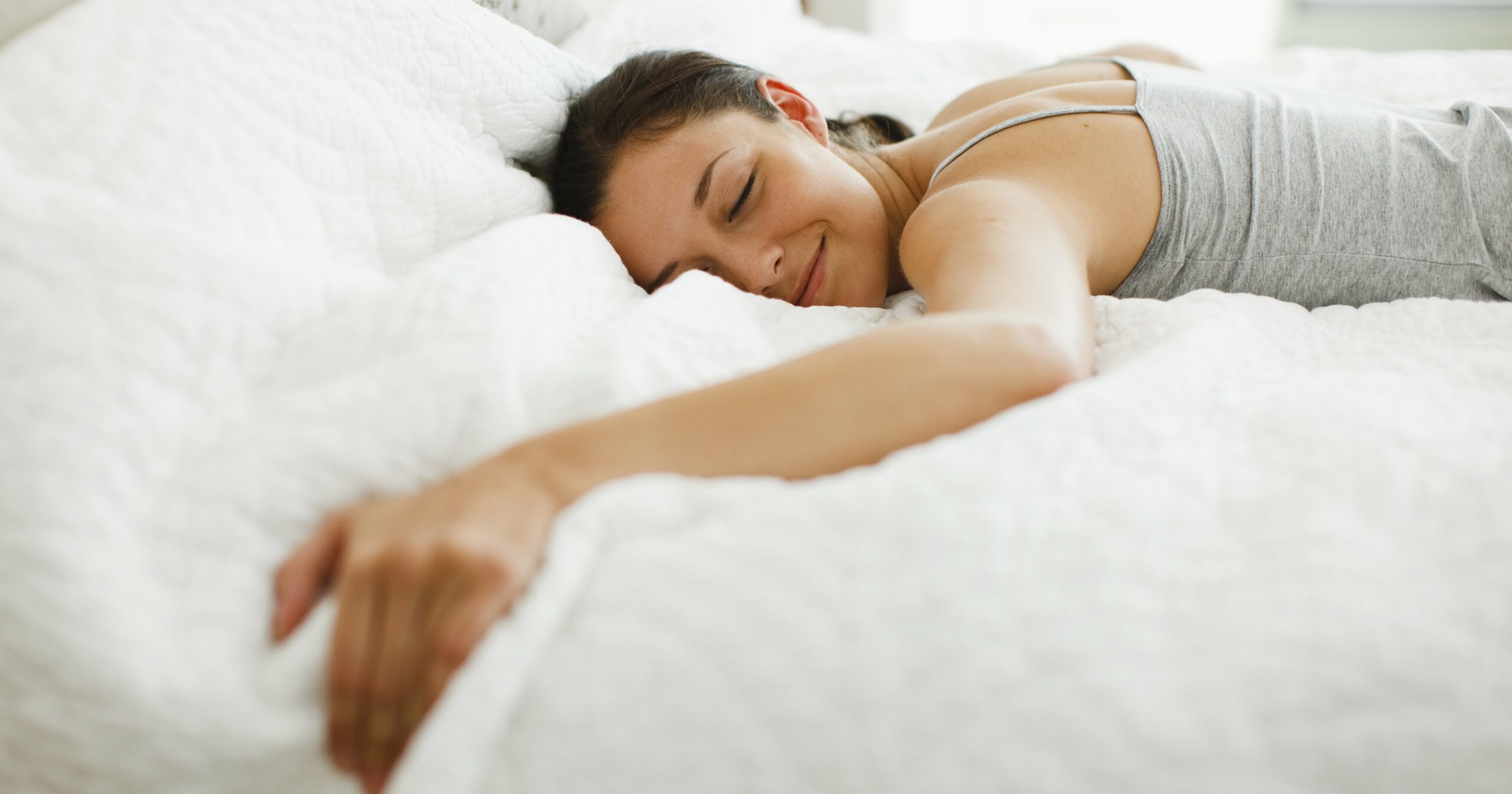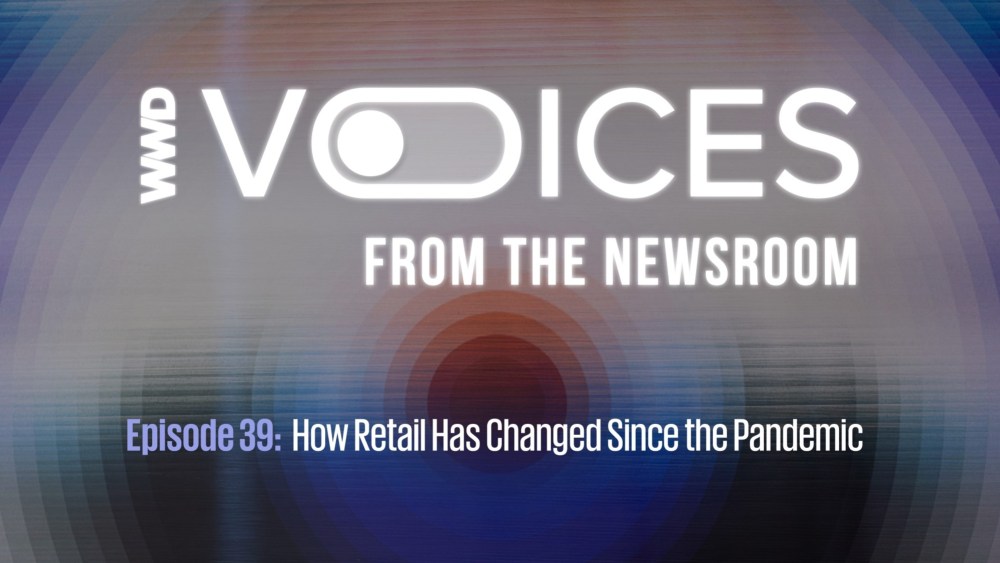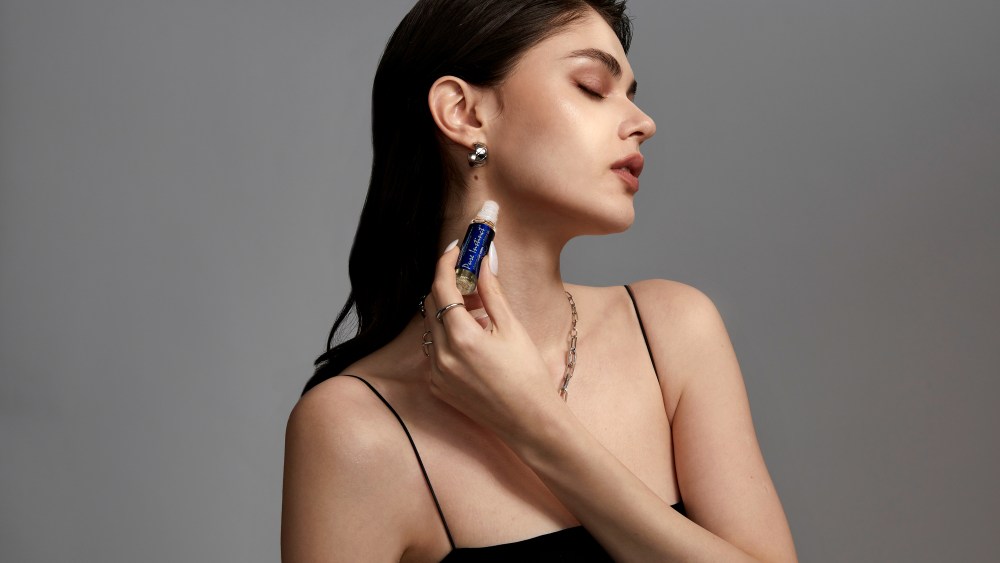Until I was 32, I would have told you that “I’m not much of a napper.” I might even mention how my aversion stretched back into childhood; my mom always told me that I stopped taking naps around the age of 4. I don’t know what put me off of the practice back then, but as a teen and young adult, whenever I tried to nap, there were usually two outcomes: racing thoughts wouldn’t let me fall asleep no matter how exhausted I was, or I would fall asleep only to wake up feeling groggy and disoriented.
All of that changed in 2022, when I sought help – again – for my anxiety at a free clinic in my hometown.
“I’ve tried every natural remedy under the sun, and it’s just not cutting it. Exercise, CBD, yoga, self help books and podcasts – you name it,” I told the nurse who took my vitals on the day of my first appointment.
What I didn’t tell her: I’d also visited a different clinic years earlier to get help with my anxiety symptoms, but I wasn’t taken seriously. The medical professional cut me off mid-sentence and wrote me a prescription for an antihistamine. It didn’t do anything to ease my racing thoughts, frequent nightmares, and tendency toward avoidance, and it gave me brain fog and made me drowsy, so I threw most of those pills away.
The experience discouraged me from seeking treatment again until 2022, when my anxiety had become so unbearable it was life-threatening. This time, thankfully, the healthcare provider I ended up meeting actually listened to me and took me seriously.
I discussed my anxiety symptoms and health history – which included depression and chronic pain – with the free clinic’s nurse practitioner, and she wrote me a prescription for duloxetine, an antidepressant that also treats anxiety and certain types of chronic pain. I started taking the medication the next day, and I felt relief with my first dose. It’s one of the best decisions I’ve ever made.
Treating my anxiety with medication was life-changing in numerous ways. I felt calmer in social situations, I had fewer nightmares, and I stopped avoiding important tasks, like getting my medical power of attorney filled out and notarized.
But unexpectedly, treating my anxiety also completely changed my relationship with napping. When I used to tell people I wasn’t “much of a napper,” I would say things like “I just can’t turn my brain off during the day” to describe what would happen when I would lie down and close my eyes: how my thoughts would go into overdrive rather than calm down; how I would begin to feel agitated and impatient; how it would become so stressful to try to lie still and drift off that I’d give up, seeking the relief of distraction.
I can’t remember the first time I took a nap after I started taking medication, but I do remember the first time I talked about how much I love napping. “Napping on the weekends is one of my great joys now,” I said to my sister at a family gathering. “There’s nothing quite like a daytime couch nap on my day off.” I think I surprised us both.
If anything can illustrate the power of anxiety treatment, it’s that these days, napping is my go-to move when I need a mental reset – which makes sense, because the health benefits of napping include improved mood. It’s as much a part of my self-soothing routine as exercising, cleaning, and skincare. If I’m overstimulated after a family gathering, I’m going to take a nap. If I’m completely drained after a day of running errands, I’m going to take a nap. If I’m triggered by something I heard at work, I’m going to take a nap. If I have a bad night’s sleep – as I did recently, when anxiety about my book signing woke me up way too early – I can take a nap later that day, and it’s glorious.
It’s impossible to overstate how essential treating my anxiety was, and continues to be, for my health and happiness. Finding an effective anti-anxiety medication saved my life. But it also enriched my day-to-day in so many small ways, touching areas of my life that I had no idea were affected by my anxiety – like my relationship to napping. I love napping so much now that it’s hard to believe I ever hated it, and I know I can thank my anti-anxiety medication for that.
Elizabeth “Liz” Enochs is a queer writer from southeast Missouri. She’s the author of the nonfiction prose chapbook “Leaving the House Unlocked.”



